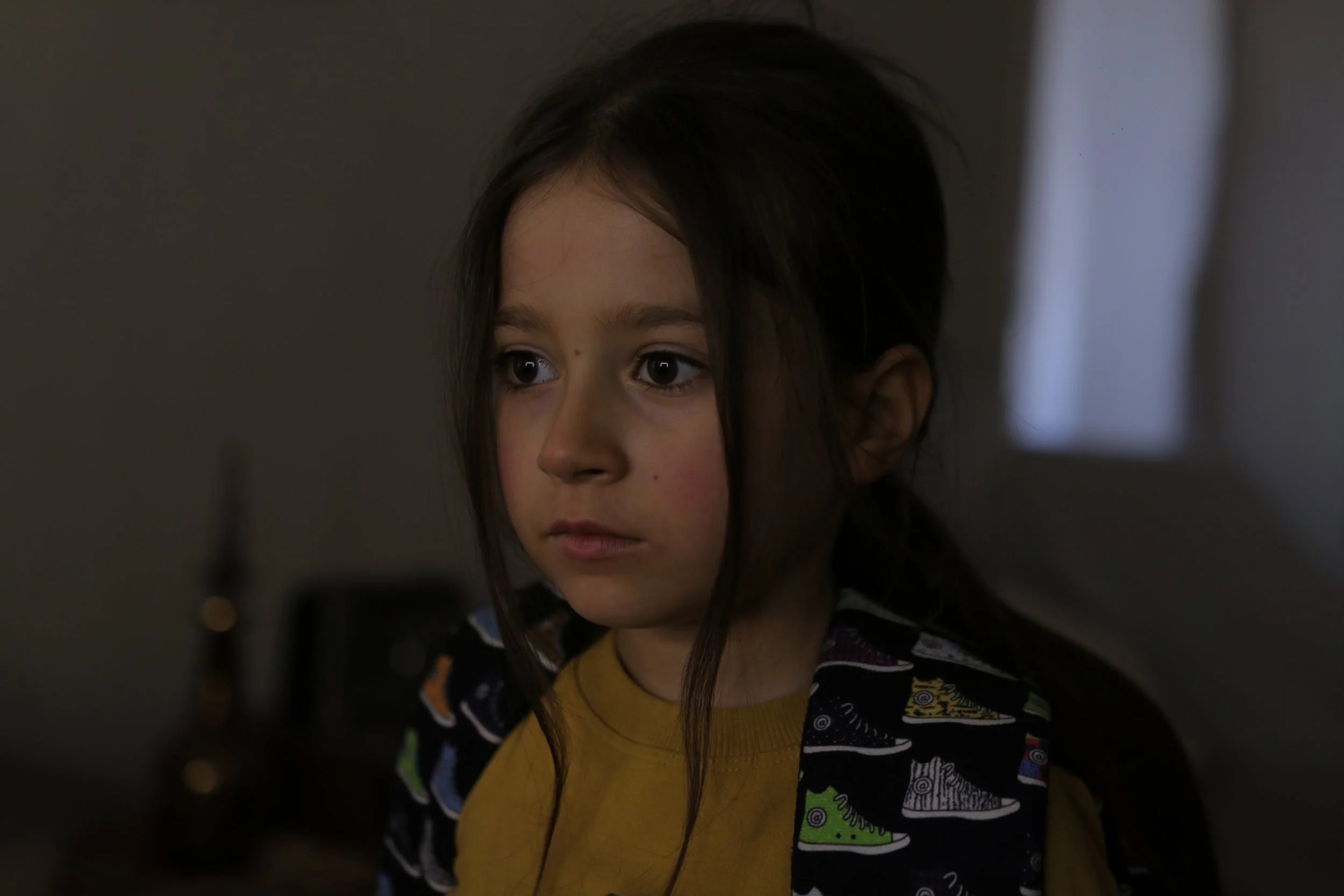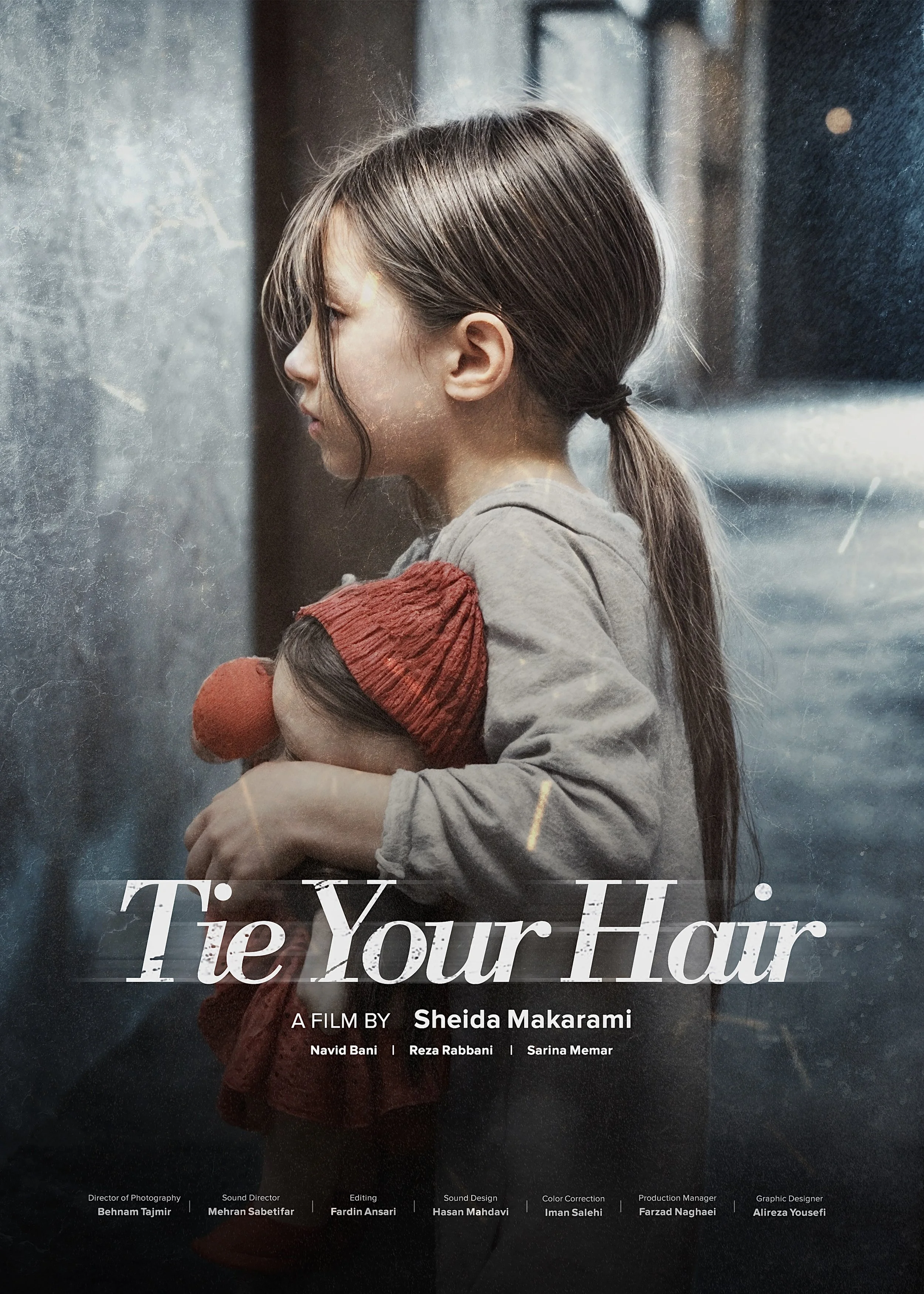Q&A with Filmmaker Sheida Makaremi
Sheida Makaremi
Sheida Makaremi (b. May 8, 1996) is an Iranian filmmaker, screenwriter, and actress with a Master’s degree in Cinema. Her directorial debut, Tie Your Hair, follows a young girl whose mysterious disappearance in an abandoned house reveals hidden truths, showcasing Sheida’s gift for blending suspense and emotional depth. Before directing, she worked extensively in short films and theatre as both an actress and assistant director. Passionate about storytelling across mediums, Makaremi continues to craft cinematic works that explore human connection, memory, and imagination.
This Q&A is part of the Bushwick Film Fest Filmmaker Q&A series
Tie Your Hair (2025)
What inspired you to create this film, and how did the initial idea come to you?
"I wanted to make a film in a very old house, and since issues concerning children have always been important to me, the idea for this film came to my mind and I found it interesting and impactful."
Why does this story need to be told now?
"Given that children are always and everywhere subjected to injustice and may be at risk of exploitation, it is necessary to make films that address children's issues with concern, and for this purpose, we need new and impactful narratives."
Describe who you want this film to reach.
"I want this film to be seen by everyone, especially those who are more involved with children."
What do you hope audiences will take away from watching your film?
"There is also freedom for children, and I want the audience to take a moment to reflect on whether they have ever, even unintentionally, caused harm to a child."
How do you want people to feel after they see your film?
"A sense of empathy with the child and reflection on all the children who are suffering."
What was the biggest inspiration behind this film?
"Children who are forced to work at a young age. In the country where I live, their number is increasing every day."
What was your favorite part of making your film? Memories from the process?
"Working with the child actor was very challenging and at the same time enjoyable. In order to work with them, I had to direct and become friends with them simultaneously."
What was a big challenge you faced while making this film?
"Working with the young girl actor was full of challenges because she was very mischievous and playful."
Tell us an anecdote about casting or working with your actors
"The child actor is my cousin! I chose her because she was incredibly smart."
Can you tell us about the central themes of your film? What message or emotion did you hope to convey?
"Childhood, the exploitation of children, and the loneliness of the child are the themes of the film, and I hoped that by watching the film, we would recognize a healthy childhood as a right for all children."
Were there any films or directors that influenced your approach to this project?
"Yes, the film Shoplifters by Hirokazu Koreeda."
What inspired you to pursue a career in filmmaking?
"The fact that cinema is a medium that people all over the world can watch, and that I can bring all my mental images and stories to life, has always been incredible for me."
Why is filmmaking important to you? Why is it important to the world?
"Art, creation, and being impactful have always been important to me. The world needs new perspectives and fresh stories."
What role does technology play in your filmmaking process, and how has it evolved over the years?
"Certainly, technology has always had a significant impact and has made it easier to bring ideas to life. With a sufficient budget for filmmaking, technology greatly helps in creating a better film. However, my personal preference for making short films is to rely more on creativity."
What is something that all filmmakers should keep in mind in order to become better cinematic storytellers?
"There should always be life flowing in their films, and they should not make films just to please festivals."
Films are lasting artistic legacies; what do you want yours to say?
"A healthy life and a childhood of their own are the rights of children."
If you weren’t a filmmaker, what would you be doing?
"I would have pursued acting and teaching much more seriously."
How do you approach storytelling in your films? What’s your process for developing a script or concept?
"I read a lot of short stories, look at photos and paintings, and while writing, I always listen to a fixed piece of instrumental music. Every day, I think about the idea and put my imagination to work."
What’s your history with the Bushwick Film Festival?
"This is my first experience with the Bushwick Film Festival, as well as my first experience in filmmaking
Can you talk about the festival experience? How does it feel to have your film selected?
"It feels amazing that a film I made in Iran is being shown and discussed on the other side of the world. What could feel better than having an audience who doesn't speak the same language watch the film and yet share a common emotion with me?"
How do you feel about your film being screened in front of a festival audience?
"Certainly, it is exciting, joyful, and inspiring for me. I hope that one day I can watch my future films alongside festival audiences."
What’s the last film you watched?
Belle de Jour (1967)
What’s the last book you read?
Film Theory An Introduction Through the Senses
One thing people don’t know about me is _____.
"I would like to get married!"
Early bird or night owl?
Early bird
What three things do you always have in your refrigerator?
"Milk, tomato paste, and eggs."
This Q&A is part of the Bushwick Film Fest Filmmaker Q&A series



